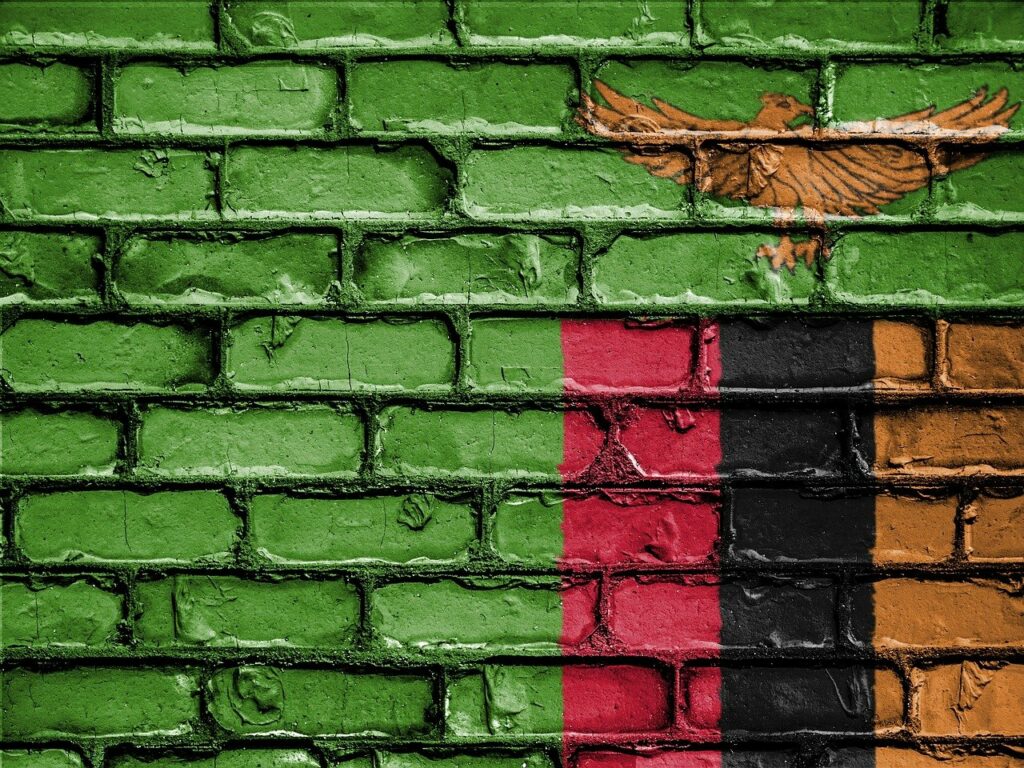The United Nations Population Fund (UNFPA), which describes itself as the UN’s “sexual and reproductive health agency”, reported on its website its strategic plan for the three-year period 2018–2021, which is perfectly in line with Agenda 2030 and the 17 Sustainable Development Goals, particularly Goal 3.
Goal 3 states that it wants to achieve good health and well-being for all, at all ages, but we must remember that, as far as girls and women are concerned, the term “sexual and reproductive health”, in every context and in every latitude, now simply means – contraception and abortion.
In Zambia, for example, the UNFPA “provides at least 60 percent of contraception for the public sector,” among others through the MSI Reproductive Choices center in the capital city of Lusaka. MSI Reproductive Choices was formerly known as Marie Stopes International, named after the famous British paleontologist (and eugenicist) (1880–1958). Marie Stopes International is so pro-choice that it leaves “as many as” two choices for women: either don’t conceive or have an abortion.
Moreover, Zambia is one of the African countries that offer more legal grounds for the voluntary termination of pregnancy, with often criminal implications, according to the statements of an Italian missionary back in 2013.
Today, MSI Reproductive Choices is facing an unexpected drop in grants due to the ongoing economic crisis caused by the COVID-19 epidemic. At least that’s what British Prime Minister Boris Johnson said when he announced an 85% cut in the funds allocated by the UK to the UNFPA: about 180 million US dollars.
Even former US President Donald Trump didn’t slash the funds that much back in 2017, with cuts made as part of “a broad withdrawal of US support for sexual and reproductive health services globally, from which the world is still recovering.”
This is reported in an article by Mail & Guardian – Africa’s best read, which picked up on a piece that appeared in The Continent, a weekly magazine that explores and echoes themes regarding Africa.
According to the article, the UNFPA “purchases reproductive health products – such as contraceptive implants and medicines to prevent maternal deaths – for 150 countries. In 26 of them, including Zambia, the UN agency is the main supplier of contraceptives. In another 22 it is the sole purchaser.” This is basically a birth control monopoly.
After stating that at least half of the women in Zambia use contraception, it goes on to state that, however, one in five married women do not, but would like to use it. The article then claims that the MSI would offer mobile clinics and “teen friendly services” to these women to bridge the gap.
iFamNews is passionate about Africa and has already spoken of “mobile clinics” when it recounted the painful end of Italian diplomat Luca Attanasio, killed in Congo on February 22 with his escort and driver: that ambulance actually saves children. Those others, however, do not.
